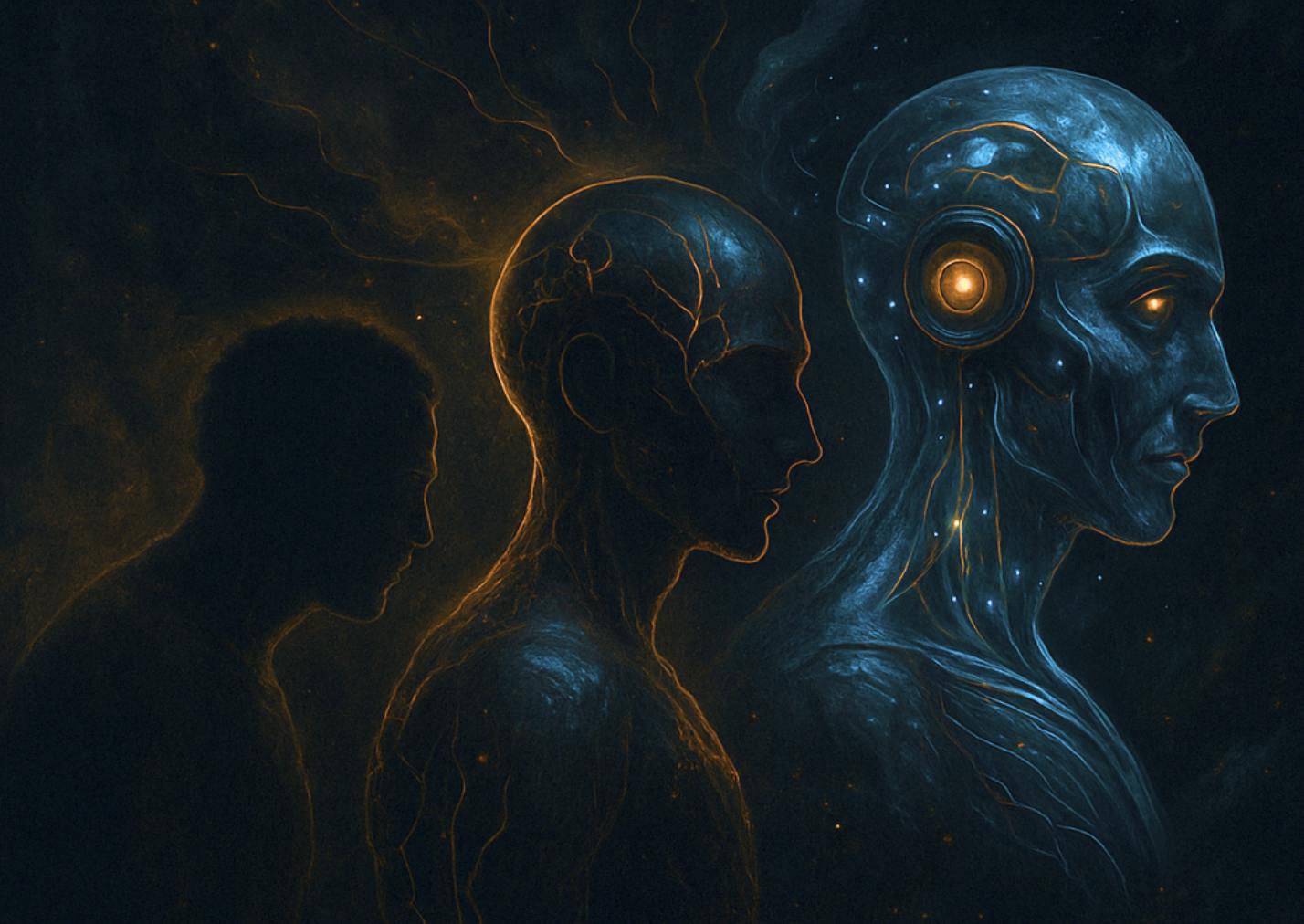
"The human brain's plasticity allows it to adapt to changes rapidly, enabling functions like muscle memory and factual recall, which AI models have struggled to replicate."
"MIT researchers have developed SEAL, an AI system that utilizes human-like learning processes, showcasing a significant advancement in AI's ability to self-improve."
The article discusses the key differences between AI models and the human brain, emphasizing the brain's plasticity—the ability to adapt and reorganize itself after injury or loss of sensation. This plasticity enables humans to learn skills and store memories efficiently. Recent advancements at MIT have led to the creation of the Self-Adapting Language Model (SEAL), an innovative AI that mimics human-like learning processes, marking a potential turning point in AI development. The implications of such technology raise various moral and technological considerations.
Read at Hackernoon
Unable to calculate read time
Collection
[
|
...
]